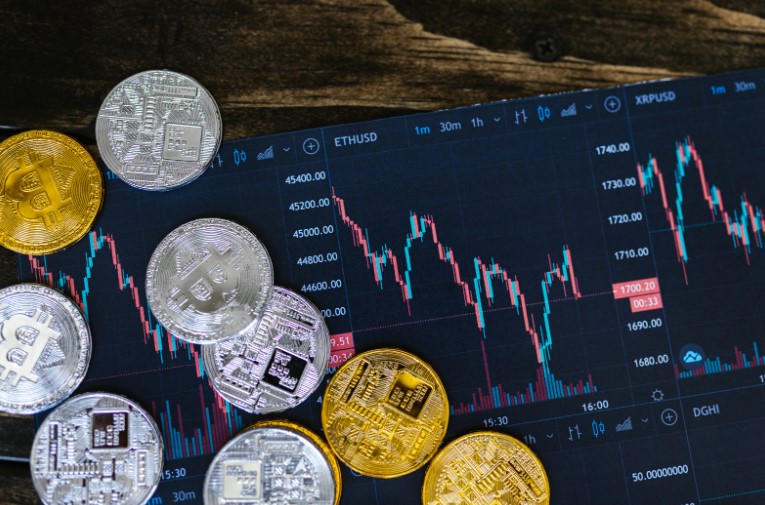Black Monday in the Argentine Market After Milei’s Defeat in Buenos Aires
Monday was a black day in the Argentine market following the defeat of Javier Milei‘s government in the elections of the province of Buenos Aires, which holds nearly 40% of the country’s electorate. But this time, no one expects one of those fleeting turbulences tied to politics—regardless of the outcome, analysts had long been warning about the unsustainability of the interventionist model favoring the peso.
At the close of the market this Monday, September 8, the country risk surpassed 1,000 points, Argentine stocks fell both in the local market and in New York, and the official dollar rose to 1,425 pesos. It was the expected response to the Peronist (Fuerza Patria) victory in Buenos Aires, which, with 47.28% of the votes, exceeded poll forecasts. La Libertad Avanza, led by Milei, obtained 33.71%.
The election in the province was seen as a test ahead of the legislative elections on October 26, elections that will determine the country’s governability. Fifty endless days remain.
The Problem of Reserves
To support a strong peso and control the dollar, the Milei government has been intervening in the exchange rate, which has led to a lack of capacity to rebuild the Central Bank’s reserves (a requirement from the IMF and other creditors), and worse yet, a continuous decline in those reserves.
Lacking the latest official data, analysts estimate that the Treasury’s net reserves hover around 1 billion dollars and the Central Bank’s liquid reserves around 20 billion dollars. In the days leading up to the elections, the authorities “burned” about 400 million dollars, convinced that the winning equation for the elections was to keep the peso strong to control inflation. Sunday’s results disproved this thesis and changed the equation.
In his initial reactions after the defeat, Javier Milei affirmed that he will maintain his policy: “I want to tell all Argentines that the course for which we were elected will not change; it will be reinforced.”
Luis Caputo, Minister of Economy, confirmed the message: “There will be no economic changes. Not fiscal, not monetary, not exchange-related.”
Letting the Dollar Float, Return of Currency Controls, Another Default for Argentina? All Scenarios Are Open
Monday was filled with reports about the next steps to take. Market consensus indicates that Milei will maintain the fiscal discipline policy he has implemented so far. The monetary direction, however, raises more uncertainty. Given the dollar’s surge, some analysts, such as Martín Rapetti from consulting firm Equilibra, believe the floating band system created last April at the IMF’s request has come to an end. In this scenario, the dollar would be fully liberalized—a move with unknown consequences in Argentina.
This is not the view of analysts at Morgan Stanley, who forecast an even more restrictive monetary policy to control inflation through October 26. In this scenario, one should expect high volatility in the coming weeks.
For its part, firm Adcap notes that if the upper limit of the exchange band is reached (i.e., if the dollar rises), the government could reintroduce currency controls, the well-known “cepo.”
Analysts at Wells Fargo see a storm forming: “We consider the likelihood of Argentina falling back into another period of currency crisis and sovereign default to be higher than we initially thought.”



